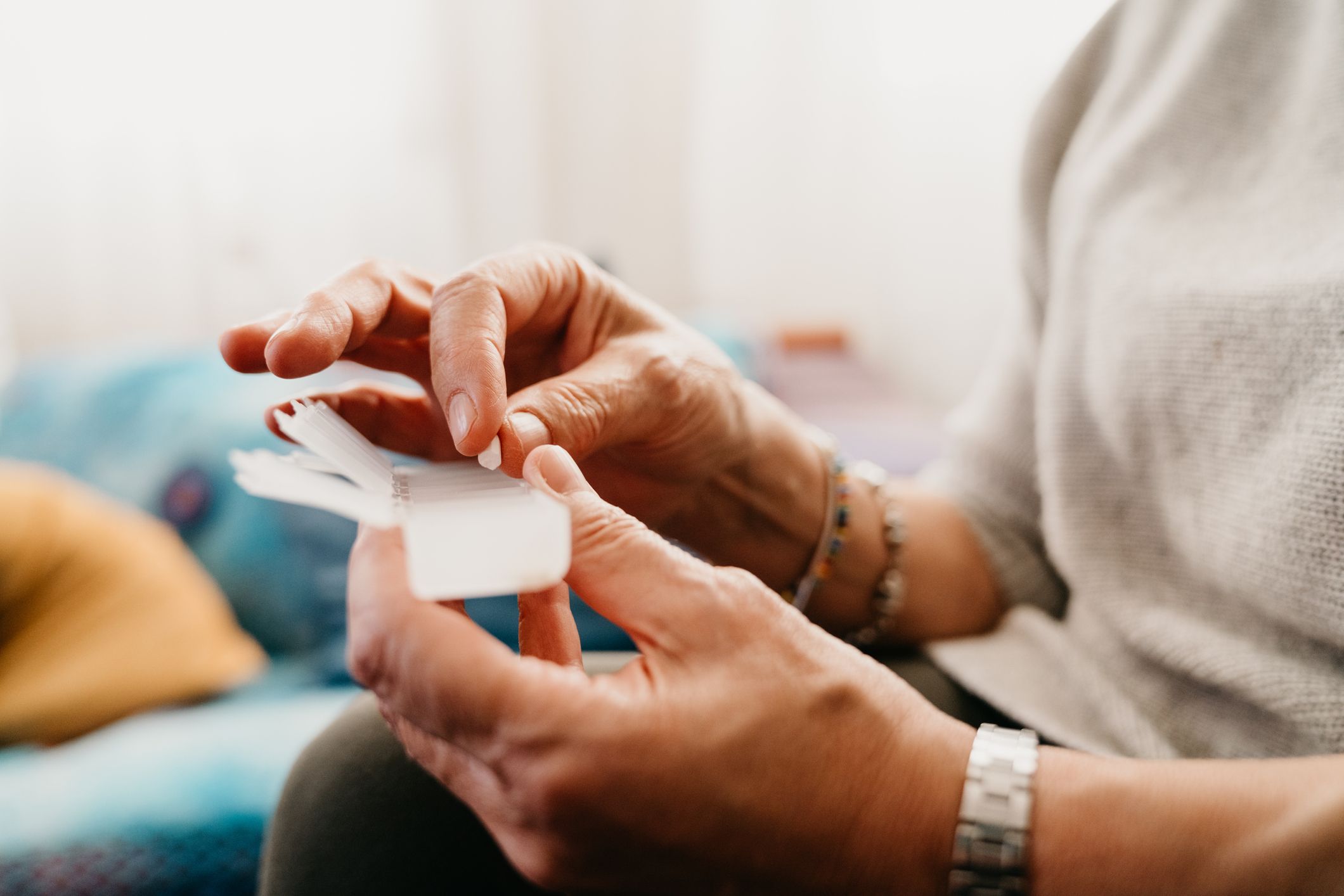
If our lifestyles are killing us, why don’t we make lifestyle medicine mainstream? It’s logical, yet this very logic appears to defy public health authorities and the medical establishment.
Lifestyle medicine is not taught at medical school, and those responsible for the design of modern healthcare seem happy to allow physicians to dispense their pharmaceutical repertoire to a public that continues to believe it’s the best modern medicine can offer, without recognizing that it’s largely just symptom management—and even that often doesn’t work particularly well.
It’s a business model that keeps delivering for its architects: Big Pharma.
Roughly 70 percent of all ailments that bring people to a doctor are the result of preventable disease caused by our lifestyles. We’re also seeing two worrying trends in most industrialized countries: one, people are becoming chronically diseased at an ever-younger age, and two, we now appear to have passed “peak lifespan,” with life expectancy in the US and elsewhere becoming shorter for the first time since 1990.
Writing in the Permanente Journal back in 2018, a distinguished group of American physicians led by Balazs Bodai MD, Director of The Breast Cancer Survivorship Institute in Sacramento, made an appeal to fellow doctors to get serious about lifestyle medicine. They stated, “By ignoring the root causes of disease and neglecting to prioritize lifestyle measures for prevention, the medical community is placing people at harm.”
Superficially, the authorities have an adequate answer to such criticism: “We’re doing it already.” They uphold that we’ve got healthy eating and exercise guidelines delivered through our public health programs, and primary care physicians are working tirelessly to help patients with sleep and stress-related problems. (They do prescribe sleeping pills and antidepressants like Smarties after all.)
Sound plausible enough? Definitely not to me or Dr Bodai—or to a growing band of health professionals around the world. Their justification doesn’t hold water because everything they’re doing is failing spectacularly.
Healthy eating guidelines metered down from on high have never worked. That’s partially because of the very complex reasons why people eat unhealthy diets, but also because some of the advice is patently wrong.
For instance, the advice on low-fat diets was never based on high-quality scientific evidence. And the delusion behind the proposed cholesterol–heart disease link has been more about selling statins to an unsuspecting public.
Most people have heard the message that they shouldn’t consume more than 6 grams of salt (2.4 grams of sodium) a day to reduce their risk of high blood pressure (hypertension). But they probably haven’t heard that this message is not founded on science. Researchers at McMaster University in Canada—a hub of salt research for decades— consistently have been saying health authorities are misinterpreting their findings.
What McMaster scientists actually found was that women who consume less than 4 grams of salt a day put themselves at increased, not decreased, risk of hypertension, and you’d need to consume around 15 grams of salt to create a hypertension risk.
In other words, the advice designed to protect public health is now causing a public health problem.
The advice is wrong on at least three counts: 12 grams of salt would have been a more appropriate upper limit to warn the public about, and it additionally should have stressed the importance of consuming at least 4 grams daily along with plenty of potassium-rich plant foods, because it is a sodium-potassium imbalance that causes hypertension.
As with everything else to do with the way our lifestyles impact our health and resilience, the situation is complex. Not only are many people not consuming enough leafy green and colored vegetables, they’re also eating too many processed foods, sugars and refined carbohydrates.
Many foods people buy in supermarkets, and those they buy in take-outs, fast food joints and even restaurants, are killing them prematurely—especially when eaten too often. The science says unequivocally that people who eat home-cooked meals most of the time do much better long-term.
Lifestyle medicine is rapidly advancing. We now understand so much about how to personalize advice and encourage meaningful and life-long behavior change. Despite this, the deeply intertwined nature of the medical establishment and Big Pharma means lifestyle medicine is unlikely to be openly embraced.
Therefore, we have no option but to bring on this revolution from the bottom up.
In that light, I’m very excited to be working with a UK charity, the Health & Wellbeing Trust, founded by a pioneer in integrative medicine, Dr Rosy Daniel, to launch a 10-hour discovery course in lifestyle medicine. It’s designed not only for health professionals from any background but also for members of the public with nothing more than a keen interest in health.
Done properly, lifestyle medicine totally changes your perspective on health, encouraging you to deal with the upstream causes, or causes of causes, of disease—and also of health and resilience. That seldom requires taking patented drugs.
Find out more about Dr Verkerk’s new course, Lifestyle Medicine 101: Universal Medicine for the 21st Century, at www.healthelearning.online